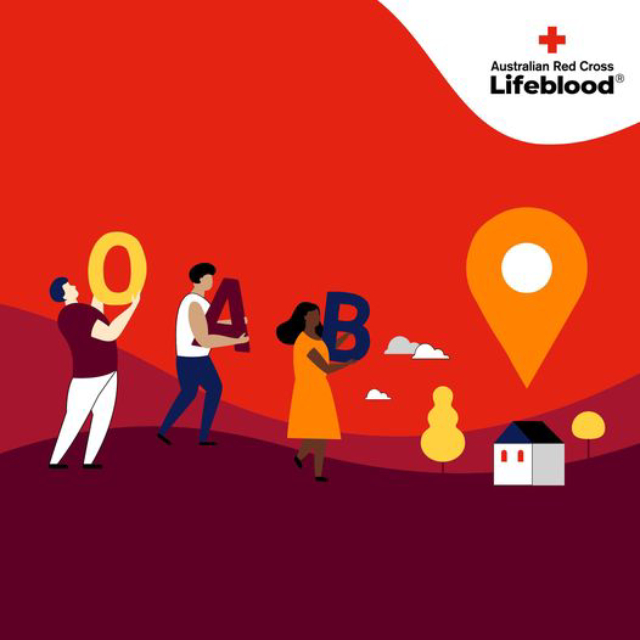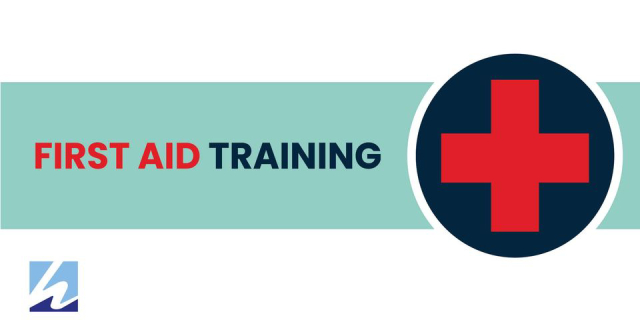Your Health is Your Wealth – Psoriasis
What is Psoriasis?
It is an inflammatory autoimmune condition of the skin, the nails and the joints, while not contagious, affects about 3% of all Australians. While there is no known cure for psoriasis, it can be controlled with treatment.
The immune system is overactive and causes new skin cells to multiply and mature at a faster-than-normal rate. This results in symptoms which can include itchiness and red or flaking scaly patches on the skin – called psoriasis plaques – which if not effectively controlled can crack and bleed. The disease can also affect the nails and may cause arthritis (psoriatic arthritis). About 10 per cent of affected people have all three.
Psoriasis plaques can develop on most parts of the body but the areas most usually affected are the scalp, knees, elbows and lower back.
Some 30 per cent of people affected by psoriasis have relatives who have, or have had, psoriasis.
Symptoms of skin psoriasis
The areas that are most commonly affected are the scalp, elbows and knees, but skin psoriasis can occur anywhere on the body.
Symptoms of skin psoriasis vary from person to person. The effects may include red scaly patches on scalp, elbows, knees and other parts of the body, itchiness – however, many people do not feel itchy at all, and shedding of scales of skin.
What are the causes of Psoriasis?
Environmental events can trigger episodes of psoriasis in people with an inherited susceptibility to the condition. These may include infections – such as tonsillitis, medications – such as lithium, beta blockers, antimalarial and anti-inflammatory medication, skin injury, and smoking which can make certain types of psoriasis worse.
Most triggering events remain unknown and there is no specific dietary advice for people affected by psoriasis.
Psoriasis is not due to any particular food and so far there is no evidence that special diets are helpful. Excessive alcohol use may worsen the condition. There is no specific dietary advice for people affected by psoriasis.
In addition to the uncomfortable and sometimes painful physical consequences of the disease, psoriasis can significantly effect a sufferer’s quality of life.
Some studies of psoriasis sufferers show that up to 70 per cent will avoid swimming and 40 per cent will avoid playing sport. Some 12 per cent will even avoid leaving their house and 50 per cent of people with psoriasis say it has a negative impact of their personal relationships. Given these statistics it is not surprising that many people with psoriasis also experience anxiety and/or depression.
Treatment for psoriasis
Doctors may prescribe a range of treatments for the relief of psoriasis symptoms including coal tar preparations, cortisone alcipotriol and other prescription creams, medications such as methotrexate, neotigason, cyclosporin and calcipotriol; and ultraviolet light therapy.
Biologic therapies for psoriasis
Biologic therapies have revolutionised the treatment of psoriasis and greatly improved our understanding of how psoriasis works. As these treatments are expensive, the government only subsidises the cost for people with severe cases of the condition, and where all other treatment options have been exhausted.
God Bless
Dr Ash Mina
Principal Scientist | NSW Health Pathology
Ph.D., M.Sc.(Clin Biochem), B.Sc.(Hons), Grad Dip (Biochem
Nutrition), Grad Dip (Micro), MACMSR, MAIMS.
Institute of Clinical Pathology and Medical Research (ICPMR),
Westmead Hospital.
Senior clinical lejjcturer, Faculty of Medicine, Sydney University.
Address: Locked Bag 9001, Westmead NSW 2145.









